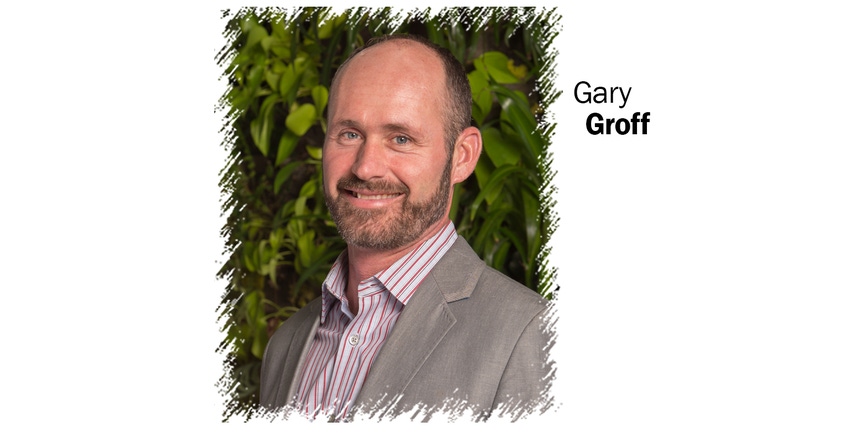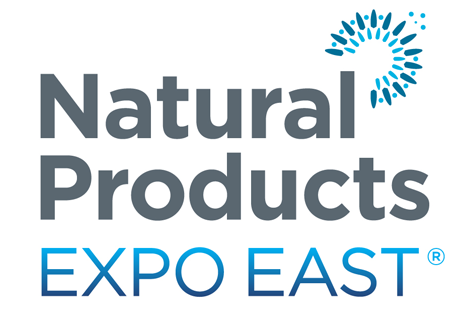
Greenwashing has become an all-too-common corporate ill that confuses today’s consumer market, and leaves companies vulnerable to an increasingly informed and demanding public. Many businesses market the benefits of sustainability without fully embracing its obligations and responsibilities—gilding themselves in green without undertaking the deeper commitments sustainability entails.
Amid a sea of false or misleading messages, what are the benefits of investing time, resources and capital to build a truly good, mission-aligned, sustainable business that goes deeper than the hands of the marketing team? Why do more than simply claim to do good?
From more than 10 years of cultivating a broad network of mission-aligned businesses, we know that sustainability is a sound business strategy that increases a company’s likelihood of building resiliency, adding value and aligning with industry best practices.
Here are three main reasons why we encourage businesses to commit to real social and environmental impact.
Customer engagement
Having goodness built into the core of your operation can, first and foremost, provide stronger customer engagement. A recent Nielson global online study says, “66 percent of global respondents say they’re willing to pay more for products and services that come from companies that are committed to positive social and environmental impact, up from 55 percent in 2014, and 50 percent in 2013,” demonstrating the already evident demand for eco-conscious products and companies in today’s market. However, with a higher demand comes a more educated consumer base, hyperaware of false advertising and greenwashing techniques. As campaigns like The Green Washing Index (which provides strategies and materials to identify sustainability posers) gain popularity, business principles must align with marketing efforts, to build the trust of knowledgeable consumers through accountability and transparency.
Productivity
Aligning company practices with solid social and environmental standards will ensure company productivity in the long term. Not only will weaving good into your business infrastructure attract employees today with a shared vision and purpose, but also after inevitable changes in management down the road, your central values will become durable and difficult to manipulate. We believe, if engineered correctly, a triple-bottom-line business can also outperform. Plus, a team aligned culturally will thrive in and out of the office, and be better equipped to represent company values to the world.
Community
Good business must translate into surrounding yourself and your company with like-minded partners. Good citizenship can build a network of other trusted, mission-aligned organizations sharing a similar vision and goal, and generate a strong ecosystem of partners with benefits throughout the value chain. Financial partners, suppliers and investors who are better prepared to understand your niche within an industry will more likely deliver tailored results. Mission-aligned banks, legal teams and public relations firms, for example, will be willing to work harder for your company to achieve a shared ambition, and provide you with a network of clients available for collaboration.
Forming a business community based solely on monetary gain ultimately means that relationships will be built on price. If you choose your partners based on values, business relationships will be able to withstand the inevitable ups and downs of growth and development while providing clear, achievable benefits for your employees, your model and your future. Ultimately, baking good into the business results in long-term, tangible benefits that extend far beyond feel good moments and simple marketing. It’s having your cake and eating it too.
New Resource Bank is the first bank to certify as a B Corporation through B Lab—an organization made of for-profit companies certified to meet rigorous standards of social and environmental performance, accountability and transparency. Gary Groff leads New Resource Bank’s Natural and Organic Products practice.

When: Sept. 13, 2017
Where: Hilton, Holiday Ballroom 6
Investment: $295 Attendees, $195 Exhibitors
About the Author(s)
You May Also Like





